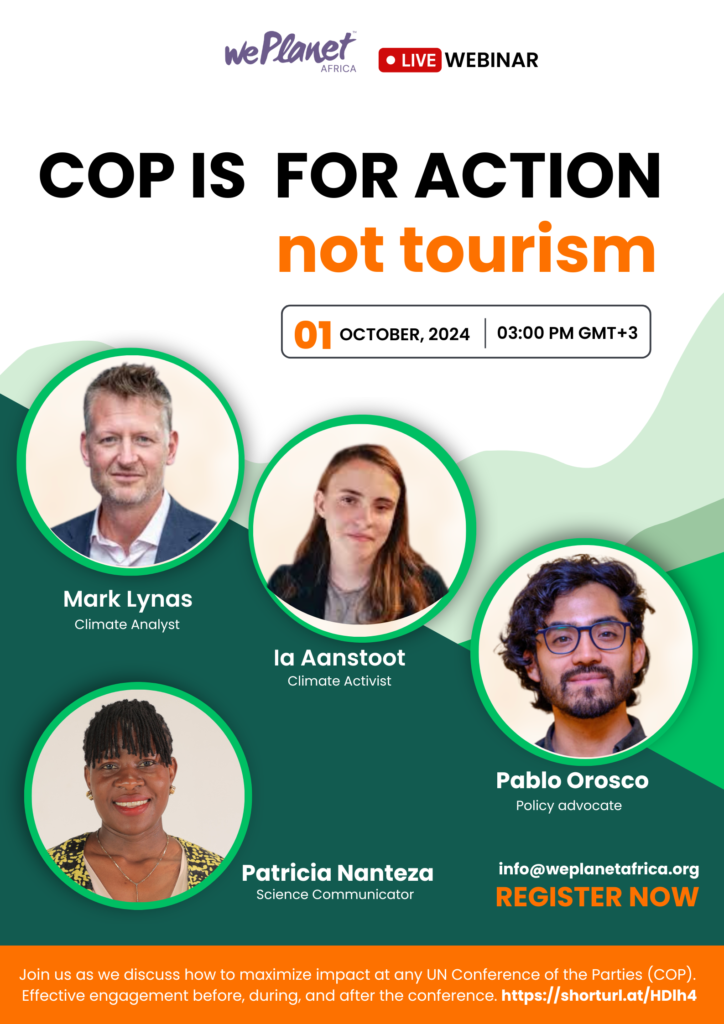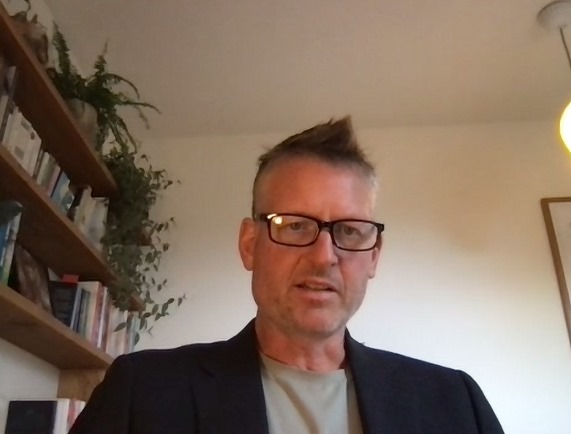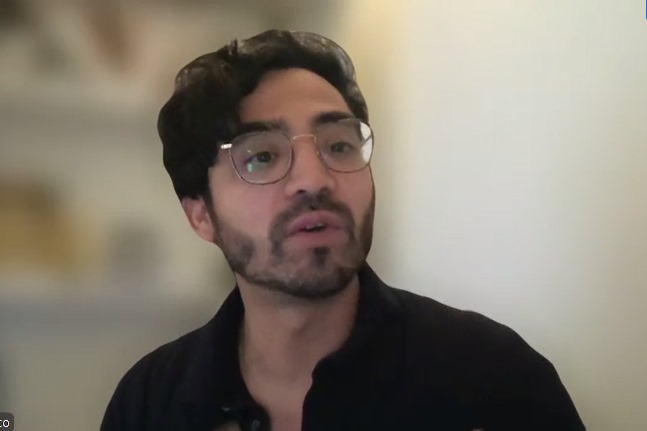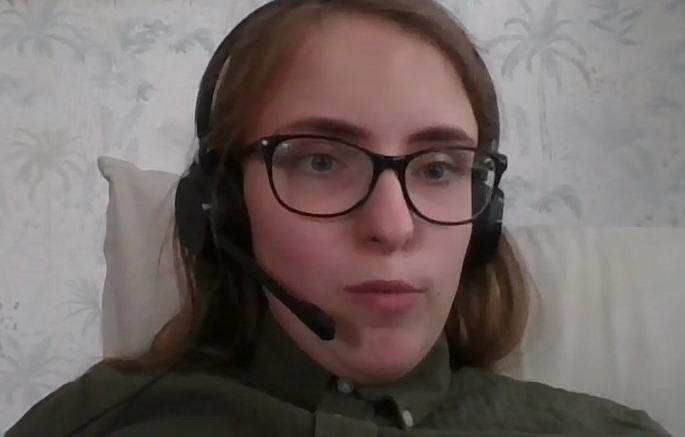
On October 1, 2024, wePlanet Uganda and Kenya hosted a webinar titled “COP is for Action not Tourism” that brought together several participants. With three upcoming UN Conferences of the Parties (COPs) Cali (COP16 biodiversity), Baku (COP29), and Riyadh (COP16) later this year, there was a need to sensitize potential attendees on the need for actionable commitments to combat climate change and going beyond the role of passive observers at the climate negotiations.
The panel featured experts in the climate field: Mark Lynas, a climate analyst who has attended numerous UNFCCC COPs since COP 6 in The Hague [we are now at COP29); Ia Aanstoot, a youth climate activist who participated in COP 27 and COP 28; and Pablo Orozco, a policy advocate who attended his first COP 13 on biodiversity in Cancun, Mexico. The session was moderated by wePlanet Africa’s Patricia Nanteza who has attended one COP so far.

Mark Lynas highlighted that COP is not merely an opportunity for world leaders to network but a platform for addressing climate change. He noted that everyone at COP has a role to play. It’s all about seizing opportunities. Activists can rally with banners, delegates join closed-door sessions, and country representatives advocate for their national interests.
He reminded participants on the importance of flexibility in managing diverse perspectives, “#COP isn’t just about negotiations—it can also be an opportunity for tourism,” pointing out that informal interactions can also enhance relationships that make for more effective advocacy efforts.

Pablo Orozco outlined a roadmap for leveraging presence at COPs. He advised using the first half of the conference to build relationships and the final sessions to advocate for critical issues. “As negotiations come to an end, most delegates have solidified their positions, making it harder to shift perspectives,” he explained, highlighting the importance of timing.
He further outlined the key steps for building relationships at COP:
-
- Identify the issues you are most interested in.
- Know your message.
- Understand the players (parties and observers).
- Engage—send emails, talk, and ask questions!

A question from the audience, led to a conversation about the role of youth in shaping climate policy. Ia Aanstoot encouraged attendees to join forces with like-minded people and engage with organizations like YOUNGO, the youth constituency of the UNFCCC, which serve as gateways for youth participation in climate discussions.
Ia emphasized the importance of the youth organizing with fellow young activists rather than non-youth groups to have a unified front that presents a stronger message that reflects their shared identity. She went on to encourage the youth to specialize and choose a field they’re passionate about, giving it the focus and dedication it deserves.
Attendees were encouraged to utilize the Observer Handbook for COP29, which provides comprehensive guidelines on navigating the conference and engaging with policymakers effectively. Additionally, participants were directed to the NDC Registry, a platform for tracking countries’ Nationally Determined Contributions (NDCs) to climate action. These resources can equip the participants with the tools necessary for meaningful engagement and collaboration during these climate conferences.
Consensus from the webinar is clear: maximizing impact at COP requires active engagement, strategic relationship-building, and sustained advocacy efforts. Weplanet Africa is a grassroots movement dedicated to tackling climate change, biodiversity loss, and poverty by promoting evidence-based solutions and policies. We are currently active in Uganda and Kenya.
Watch the Recording here:
